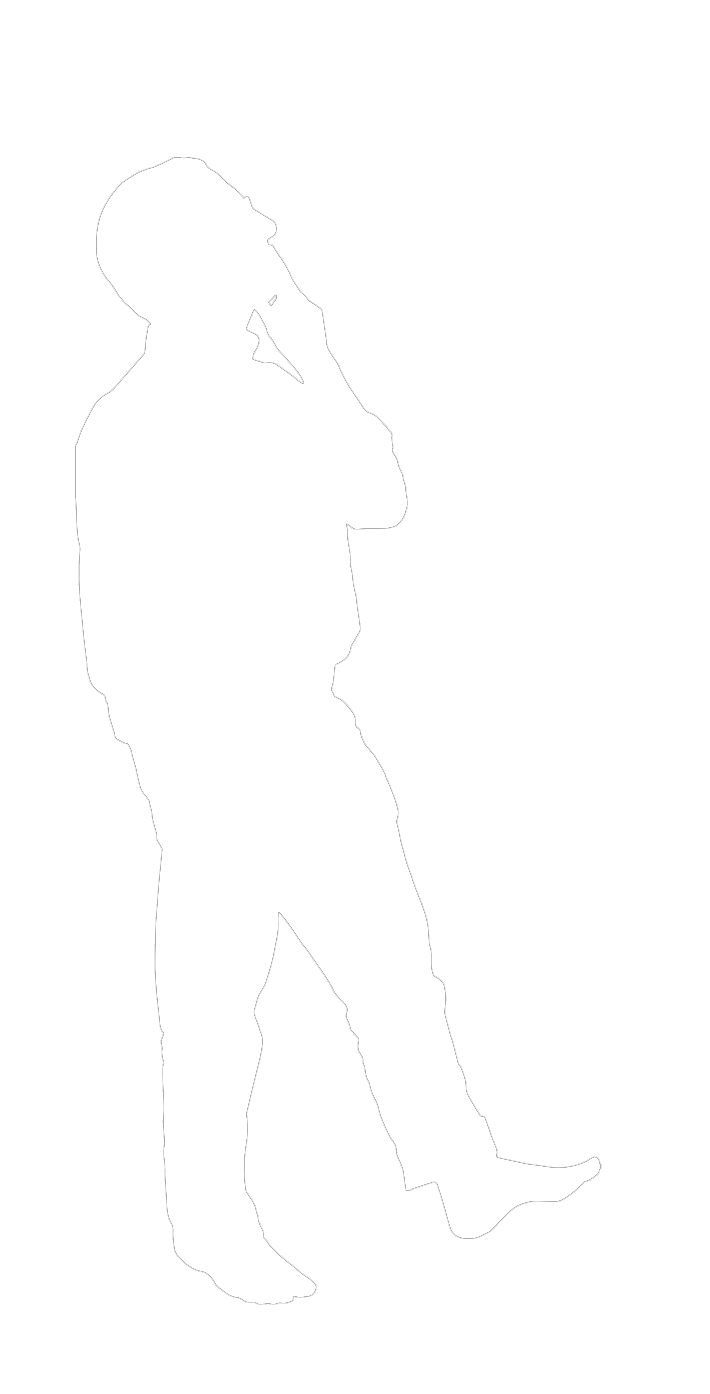Marco Grechi or the epiphany of the world
Marco Grechi is a rare artist whose human, spiritual and aesthetic experience blends harmoniously in the search for what makes every man and woman unique, authentic, and free from the superstructures of the present and time. A Brescian who grew up in the simplicity and directness of the deepest heart of what, to quote Roberto Longhi, we like to call Padanìa, Grechi is, in his everyday life, the parish priest of a small village on the shores of Lake Garda, a place where the sacredness of nature meets daily the spiritual and human dimension of his ministry. It is no coincidence, then, that Grechi's poetics is innervated by a deep spirituality that sees art as a kind of epiphany capable of revealing the authentic essence of man, nature and the world. For Grechi, in fact, every person is an artist, perhaps unconsciously; and life itself, in its simplicity, is art, since every everyday object - a leaf, a cup, a house, a human figure - carries within itself the germ of a beauty capable of stopping the gaze, of suspending time, of renewing the inner world of the observer. “Art,” in fact, the artist says, “is sharing, it leads to stopping the eyes, closing them and reopening them”- where ‘closing’ and ''reopening“ the eyes is a perfect metaphor for taking on an ”other," deeper and more spiritual point of view on the world itself. Grechi's education, which saw him study first agronomy and then theology, his lived experience in close contact with the plant and animal worlds, his deep faith in the beauty of Creation, whether it is directed to the natural elements of the landscape or to our own human journey; all this has directed him toward a spontaneous, simple, natural dimension of artistic creation. In his paintings, Grechi approaches nature with a contemplative and at the same time synthetic-creative eye: in fact, he subtracts, with refined sensitivity, every superstructure in order to return to the observer a pure, essential, almost abstract image of what we see around us every day. Equally selective and synthetic is the gaze that Grechi casts on the great reservoir of art history, to take from it here and there, almost without meaning to: a reference to Mirò or Dubuffet here, a touch of abstract expressionism there, a hint of lyrical colorism, worthy heir to the poetic imprint of Nicholas De Staël, seem to run through his works like brief and pregnant punctuation. “Quantum leaps to the discovery of new dimensions” (as the artist himself defines them), his skies, his open spaces, his fields, his trees, his flowers, are never mere descriptions of places: they are symbols of a quest that spans time, history and our inner landscape. Lines become essential, colors vibrate with unspoken words, and what would appear simple seems to be transfigured into a symbol with universal value. Francesco Arcangeli, my teacher, wrote, speaking of the work of one of the greatest painters of the twentieth century, Giorgio Morandi: “there is nothing more abstract than the sensible world.” Well, Grechi makes this transition from sensible experience to symbol with great naturalness, letting a vision emerge from his works that is both mystical and secular, deeply human and radically spiritual. In his watercolors, in his mixed techniques, in his free and playful use of poor and natural materials, in the synthesis of lines that create before our very eyes a world that seems to lose every moment more and more any reference to tangible reality to become the bearer of an alphabet and a secret grammar known only to the artist, the material itself becomes a means to reach a “beyond” that is not a flight forward, but a discovery, a coming closer, an encounter with our deepest and most authentic “I,” with the world, with the other. Marco Grechi, in the end, is not just a man of faith who creates the world at the very moment he names and portrays it, nor is he simply a spiritual painter: he is a man, an artist, who, through sign, color and matter, reveals how rich, simple and profound our humanity is when he allows himself to look beyond the visible, when he welcomes form and color as epiphanies and revelations. “God, how difficult life is!”, De Staël had once written to his sister. “One must play all the notes, play them well….”. So does Marco Grechi today, poet of the everyday and bearer of words and signs of simplicity, beauty, lyricism, poetry. Vittorio Sgarbi







































